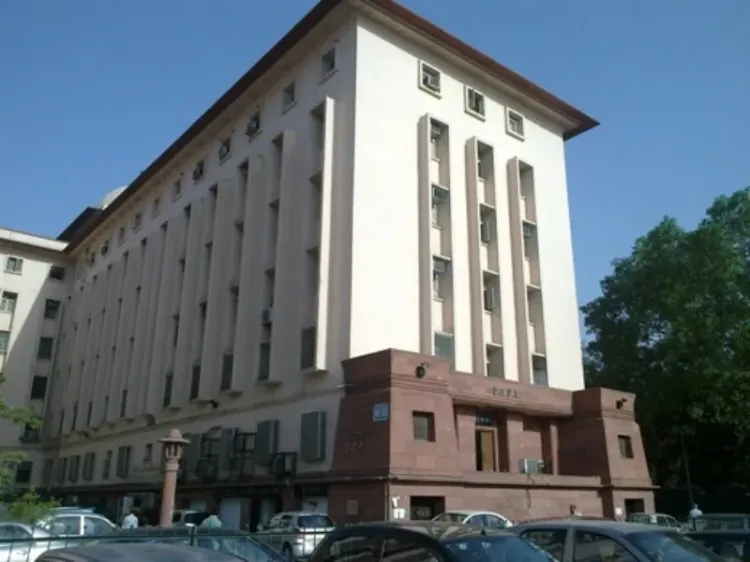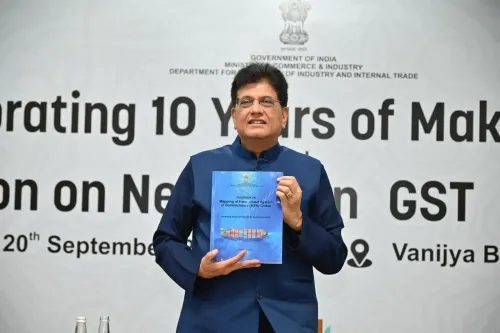Has India Imposed Restrictions on Ready-Made Garments and Processed Food from Bangladesh?

Synopsis
Key Takeaways
- Immediate import restrictions on ready-made garments.
- Processed food items also banned.
- Exceptions for certain products like fish and LPG.
- Trade relations between India and Bangladesh are evolving.
- Economic implications for both nations.
New Delhi, May 17 (NationPress) In a pivotal change to its trade policy, India has imposed immediate restrictions on the importation of ready-made garments (RMG), processed food, and various other goods from Bangladesh through land ports. The Directorate General of Foreign Trade (DGFT), part of the Ministry of Commerce and Industry, released a notification detailing these land port restrictions on specific commodities, including readymade garments and processed food items.
According to the DGFT notification, the land port restrictions will not apply to goods from Bangladesh that are transiting through India en route to Nepal and Bhutan.
Under the new guidelines, all types of ready-made garments from Bangladesh are prohibited from being imported through any land port; however, imports are permitted via the seaports of Nhava Sheva and Kolkata.
Other items facing import bans include fruit and fruit-flavored carbonated beverages, processed food products, cotton and cotton yarn waste, finished plastic and PVC goods (with exceptions for specific materials), and wooden furniture.
These products will not be allowed through any Land Customs Stations (LCSs) or Integrated Check Posts (ICPs) located in Assam, Meghalaya, Tripura, and Mizoram, as well as LCS Changrabandha and Fulbari in West Bengal.
However, the restrictions do not extend to imports of fish, LPG, edible oil, and crushed stone from Bangladesh, as indicated in the notification.
This decision follows a similar step taken by the Bangladesh government in April, which banned the import of yarns from India via land ports through a notification from the National Board of Revenue (NBR).
Previously, India had revoked the trans-shipment facility for Bangladesh, which allowed the latter to export its products to third countries through Indian seaports and airports.
India remains Bangladesh's second-largest trading partner after China. In the fiscal year 2022-23, trade between Bangladesh and India reached approximately $16 billion, with Bangladesh importing goods worth about $14 billion and exporting around $2 billion to India, based on industry data.









